Hungary's place
The question is, where does Hungary stand in all this? Like the big players, we Hungarians are also working to be winners in the emerging and promising new world order. We modernized the foundational structure of our economy as early as the beginning of the 2010s. We shifted the focus of the tax system from labor to consumption, with low taxes on labor, one million new jobs, full employment, an environment that is supportive of investments and businesses, continuous wage growth, except for one year—the year of war sanctions.
We placed families at the center of the economy and society, then integrated universities into the economic system, established new foundations for research and innovation, and finally, we also began building the most advanced new industries in Hungary.
The includes the world’s most cutting-edge factories in the field of electromobility, the development and launch of our own satellite system, joining the most modern defense research, the initiation of laser industry and healthcare top-tier research—all of this, with a Nobel laureate in the field. This work never ends, and there’s never enough new technology," Mr. Orban said.
Family-centered policies
As early as since 2010, we have written a new constitution based on sovereign principles protecting the national family and community, building on Christian traditions, and introduced new methods of state organization.
As they say in America about us, we were already Trump before Trump. We are strong in the fields of economy, state organization and self-identity. We are belong to the world’s top tier, we are not followers, as we were for centuries, but pioneers, trendsetters, and bold experimenters. That’s why we are icons for Western conservatives, and that’s why we are deeply hated by Western liberals. And it is precisely the struggles we have fought over the past 15 years that now give Hungary the opportunity to adopt a new economic policy.
– PM Orban underlined, adding that
We have now launched this new economic policy, with its first 21-point action plan now becoming a reality in Hungary's economic life. Its political foundation and support come from the most recent National Consultation public survey, which focused on economic neutrality. 1.35 million people participated in the survey, and 95% of them supported the idea that the new economic policy should be based on neutrality—economic neutrality.
Liberals tend to view the doctrine of economic neutrality more as a communication tool or a serious-sounding political gimmick, a though that somehow doesn’t delve into the deeper connections. However, economic neutrality is the idea and political direction that defines Hungary's position and path in the international space. A position and path that differ, even oppose, the expectations of Brussels. We can say that it is what defines Hungary’s independent policy.
The current leaders of the European Union have isolated it, yet they call us isolated—but don’t let this deceive us. We are facing an old communist trick," Mr. Orban emphasized. They always accuse their opponents of doing what they themselves are doing. The truth is that there is no other continent so isolated from all the major players in the new world order. Europe has isolated itself from the new American leadership.
European liberals depicted Donald Trump as a demon, and sadly, not only do we Europeans remember this, but so does the new American administration. The EU isolated itself from China by labeling the world’s economic superpower as a systemic rival and waging a trade war against it. The EU also isolated itself from Russia. European leaders refer to the Russia-Ukraine war as their own, and they dismantled the combination of cheap Russian energy and advanced European technology and economic structure without replacing it with anything. And the EU has also isolated itself from the continent of the future—Africa,
– PM Orban emphasized.
Flawed liberal system
According to Hungary's prime minister, instead of common sense, they impose foreign LGBTQ and gender policies as a condition for cooperation, which has made a trust-based system of relations impossible. Meanwhile, under the Hungarian presidency, we Hungarians have continuously built future cooperation with the Republican president, who won a resounding victory, maintained communication channels, and ensured cooperation with Russia for energy security. Nearly half of China’s high-tech investments in Europe come to Hungary, and Hungarian water management and agricultural expertise is widely welcomed in Africa. If this continues, the EU will be the absolute sore loser in the new world order.
Thank you, but we do not want any part of this losers' game. We want friends, cooperation, economic relations, business benefits, and advantages in international politics,
– Mr. Orban declared.
"So let’s pause here for a moment, dear comrades in Brussels, because the mask has finally fallen, and it’s hard to find a more hypocritical political class anywhere in the world than Brussels’ bureaucrats," he said.
"While they demand that we cut our dependence on Russia's energy carriers, Western Europe has never before seen such high volumes of Russian liquefied natural gas arrive. Meanwhile, the major EU companies have procured their own Russian oil, through Asian detours. A Brussels official holding a 45-minute presentation on the systematic avoidance of sanctions sums up his point by stating that the sanctions are working. And when I look at the new package, the new sanctions package, I see that their imagination has now extended to the point where they want to add football teams to this new sanctions list."
Effective Hungarian strategy
We Hungarians, in contrast to Brussels, have a well-crafted strategy for the upcoming new global era. And its results are clear. Even our opponents can only dispute these with a degree of embarrassed shame. Everyone has a job. And families in Hungary pay the lowest utility rates all across Europe," Mr. Orban said.
We have brought down inflation effectively. As a result, last year we were able to increase pensions in real terms, and we were able to give pensioners 150 billion forints more than the increase in line with inflation. Wages have started to rise, we have doubled family tax benefits, and alongside student loans, we are introducing workers’ loans. The budget deficit is decreasing, and public debt is not growing. No one disputes that in 2025, Hungary's economic growth will be at least double that of the European Union,
emphasized Viktor Orban. He highlighted that public investments worth 450 billion forints will be launched. Hungarian small and medium-sized enterprises will receive 1,400 billion forints in 2025. The savings of Hungarian families will be at least one and a half times the European Union average. In this light, the question arises: if Brussels is going one way and we are going another, if they stand here and we stand there, what will the relationship between Brussels and Hungary be like in the coming years?
The starting point for Hungary’s presidency was focusing primarily on the Hungarian people and not the EU presidency. Similarly, the relationship between Brussels and Budapest will also be shaped in line with the interests of the Hungarian people. What will happen cannot be derived from the interests of the European Union but from Hungary's grand strategy. The fundamental question, therefore, is whether it matters to us if Europe and the EU are sick or healthy.
The EU being sick is one thing. But Hungary must be healthy, as we do not aim to shape Europe; we simply want to live a life of our own choice, and all we care about is ensuring that no one else can thwart this, he said, adding that unfortunately, it is not that simple. In 2025, this attitude will no longer be sustainable.
First of all, because the content and quality of EU economic rules impact the success of Hungarian economic actors. The effects of bad economic policy pursued in Brussels can be mitigated in Budapest but not entirely eliminated. Moreover, there are exclusive EU competencies, such as trade and customs policy, which are important, even fundamental issues. Therefore, for Hungary, it is not indifferent whether the EU is sick or healthy,
he stressed.
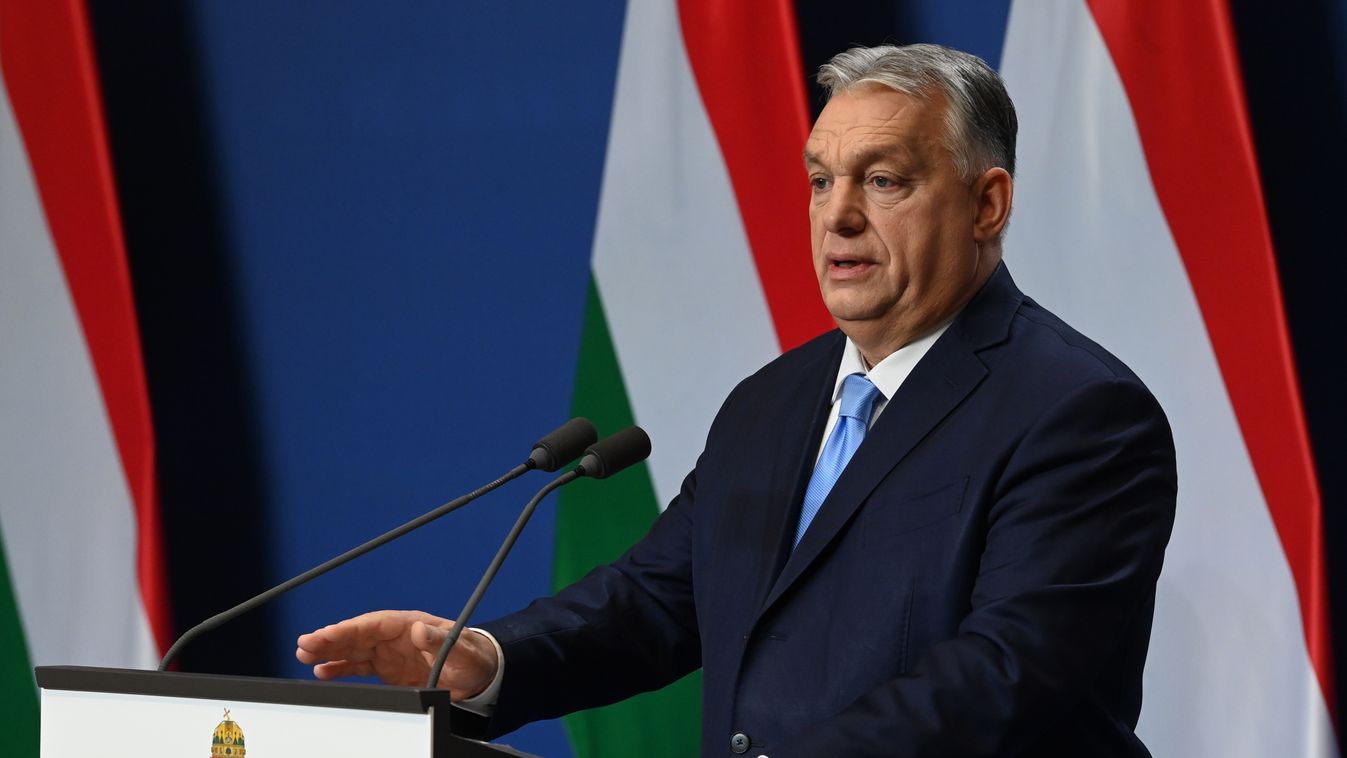
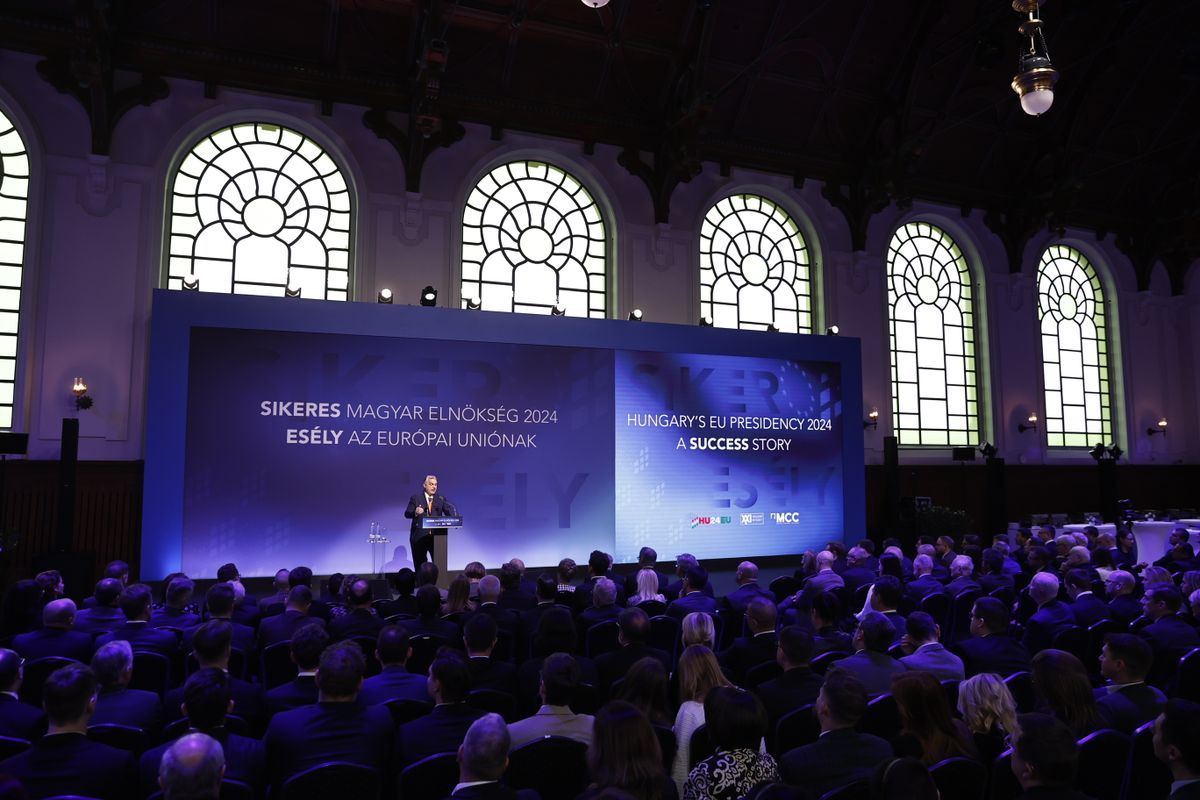


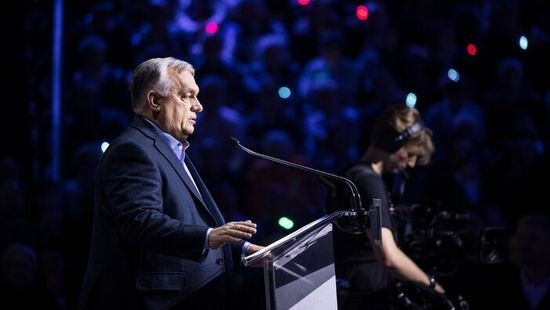
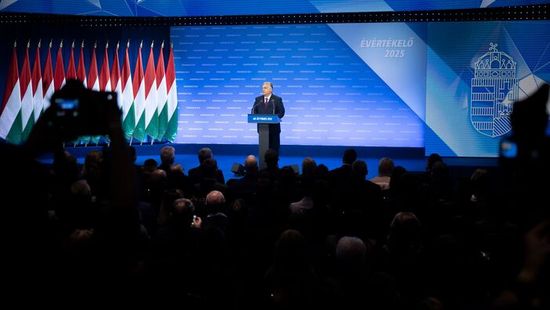

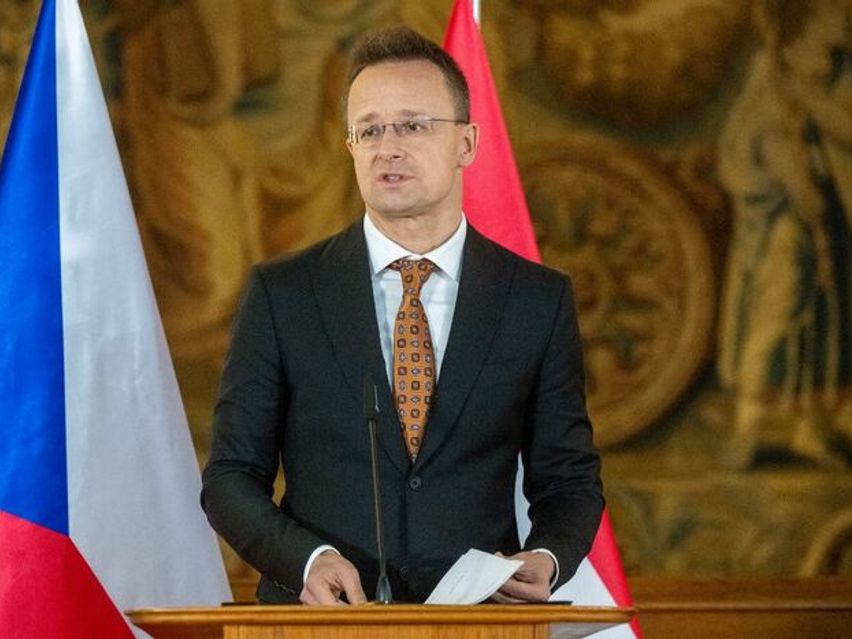

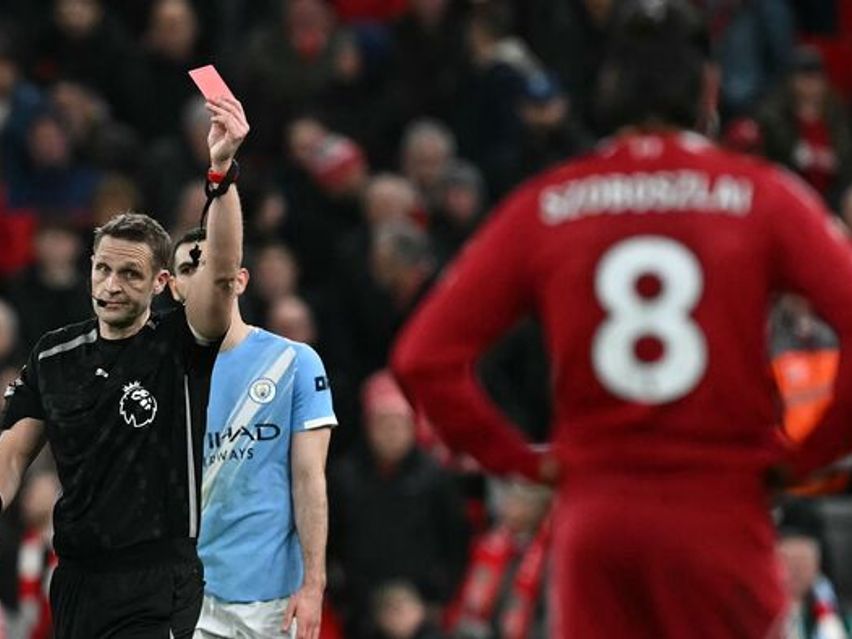
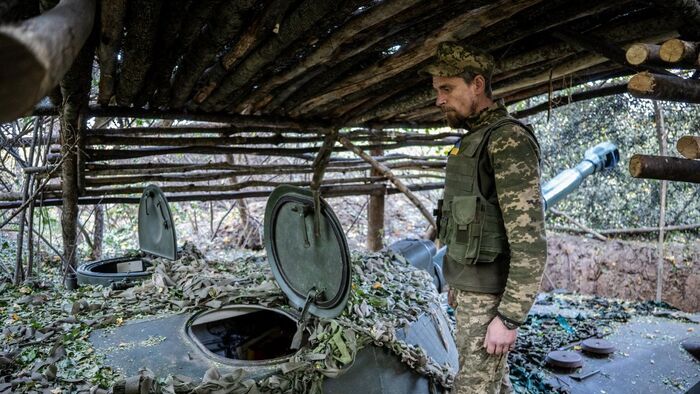


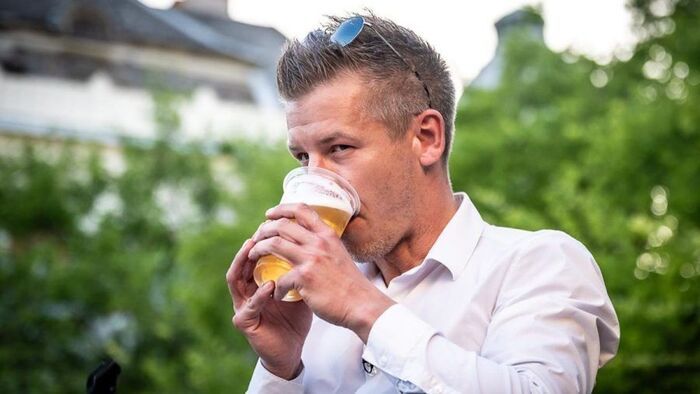

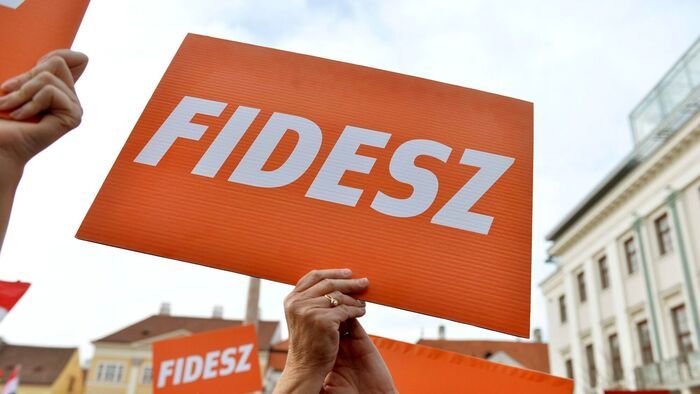
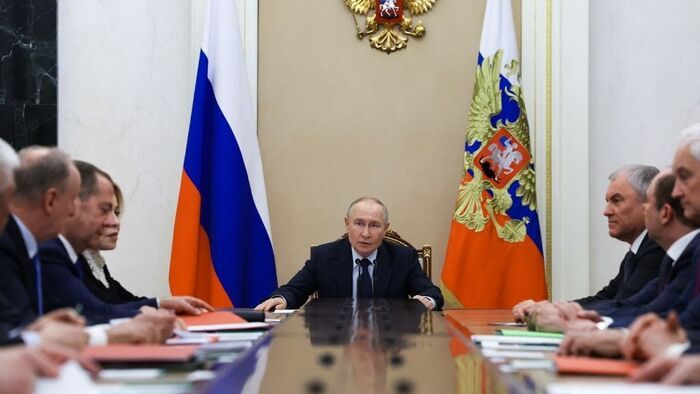



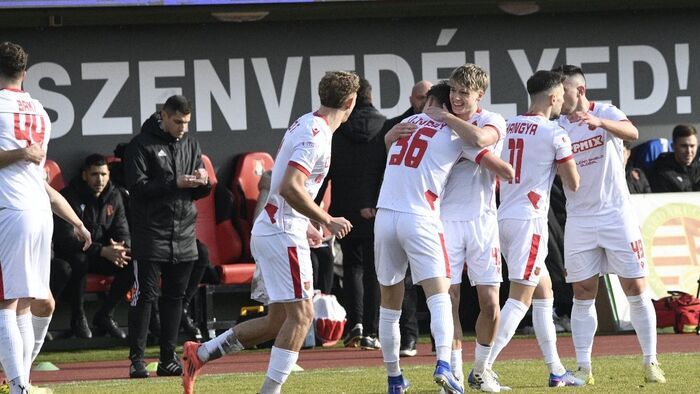
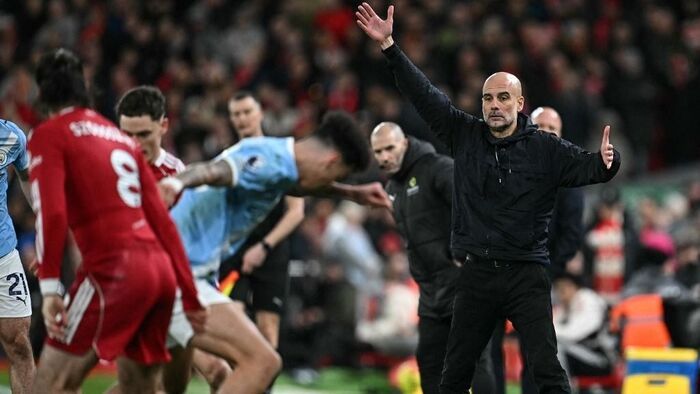
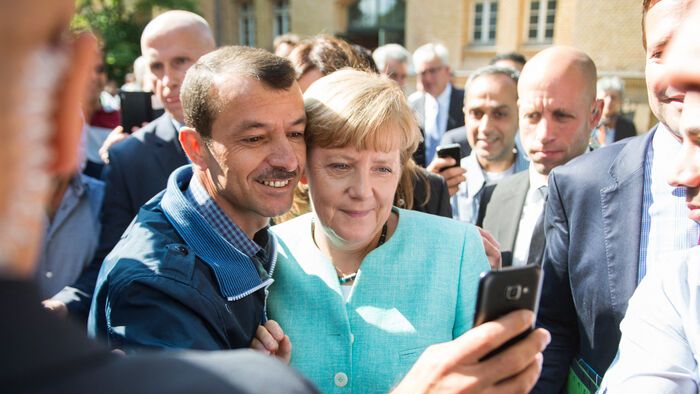

Szóljon hozzá!
Jelenleg csak a hozzászólások egy kis részét látja. Hozzászóláshoz és a további kommentek megtekintéséhez lépjen be, vagy regisztráljon!